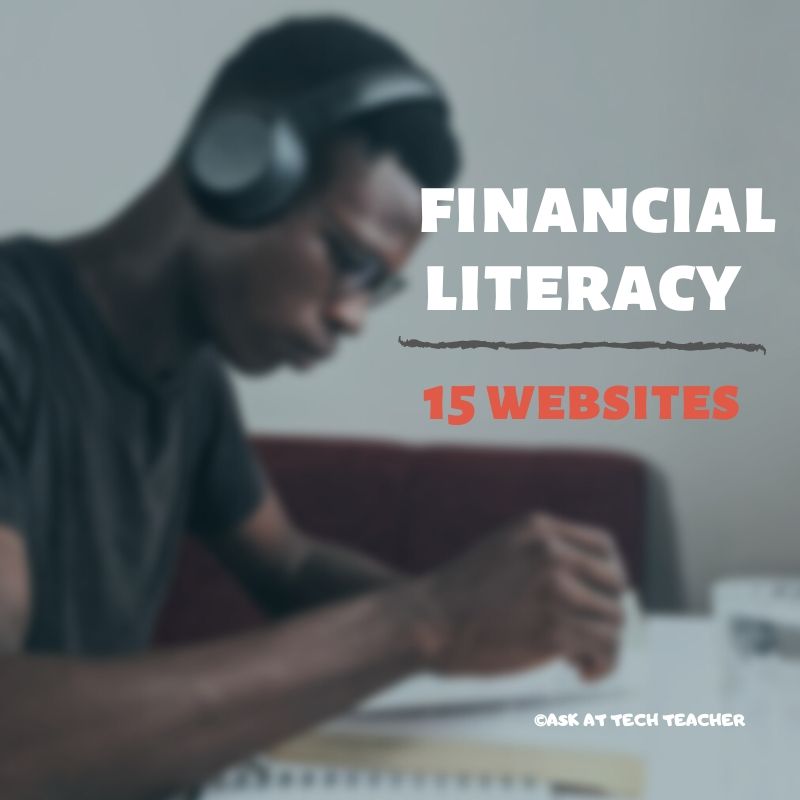 Dear Otto is an occasional column where I answer questions I get from readers about teaching tech. For your privacy, I use only first names.
Dear Otto is an occasional column where I answer questions I get from readers about teaching tech. For your privacy, I use only first names.
Here’s a great question I got from Molly:
I really enjoyed your article on students blogging. It seems like a great way to get them writing willingly since they love to be online. I was wondering, what are some of the problems you have run into and how did you solve them? What pitfalls can teachers watch out for long-term?
Three big–not necessarily ‘problems’ as much as issues to address:
Digital rights and responsibilities
You don’t want to roll out blogging in your classroom without a sturdy program educating students on digital citizenship–privacy, profiles, footprints, safety, fair use/copyrights. I have lots of information on those topics on my blog. Another good resource is Common Sense Media.
Keyboarding skills
If students don’t have solid keyboarding skills, they will find blogging onerous. That’s probably the biggest impediment to having 2nd graders blog–they just don’t type well enough to let their thoughts flow freely–and blogging is all about sharing your thoughts (with evidence, collaboration, linkbacks).
Buy in
From teachers who think blogging is either cutting edge (outside their skillset) or unsafe (refer back to discussion on Dig R&R). From parents who think it’s social media. Repeat both for Admin. Unless it’s already stormed the pedagogic barricades at your school, take time prior to unveiling student blogging to make sure everyone understands it.
BTW, it may take some talking and cajoling, but it’ll be worth it when students start experiencing the many varied benefits that accrue with blogging.
I’m not the only one who thinks this. Check out Cybraryman’s Blog Page, Sandy Kendall’s blog topic ideas for educators, and ReadWriteThink’s Teaching with Blogs.
Jacqui Murray has been teaching K-18 technology for 30 years. She is the editor/author of over a hundred tech ed resources including a K-12 technology curriculum, K-8 keyboard curriculum, K-8 Digital Citizenship curriculum. She is an adjunct professor in tech ed, Master Teacher, webmaster for four blogs, an Amazon Vine Voice, CSTA presentation reviewer, freelance journalist on tech ed topics, contributor to NEA Today, and author of the tech thrillers, To Hunt a Sub and Twenty-four Days. You can find her resources at Structured Learning.




































Thanks for mentioning my post here, Jacqui! You make some great points about challenges to starting blogging with students.
Regarding keyboarding, I can’t think of a better way to improve students’ keyboarding skills than through an authentic activity like blogging. Young students first posts will likely be short in the same way their first attempts at writing are, but if a teacher pairs proper keyboarding technique with blog writing, just think how motivated students will be to improve in both areas! (Just don’t get too hung up on spelling and proper conventions in the beginning.)
Great point, Sandy. Blogging is as keyboarding-infused as it gets.
One thing that I would like to add here is the reading opportunity that a class blog provides. I like to plan to re-use or re-purpose student work. So if on Monday some students write blog posts, the following day, other students can read these blog posts and then provide feedback through the comments. I have found that this works really well, especially if the teacher provides a scaffolded rubric, or sentence starters related to the learning intentions of the original lesson, this really focusses the readers on their work and what they have to comment on.
Great point. That fits well with Common Core standards of speaking and listening nicely.
Thanks Jacqui for writing a blog on problems to address before you begin blogging at your school. To learn English writing skills from private schools check out https://www.uscaacademy.com/